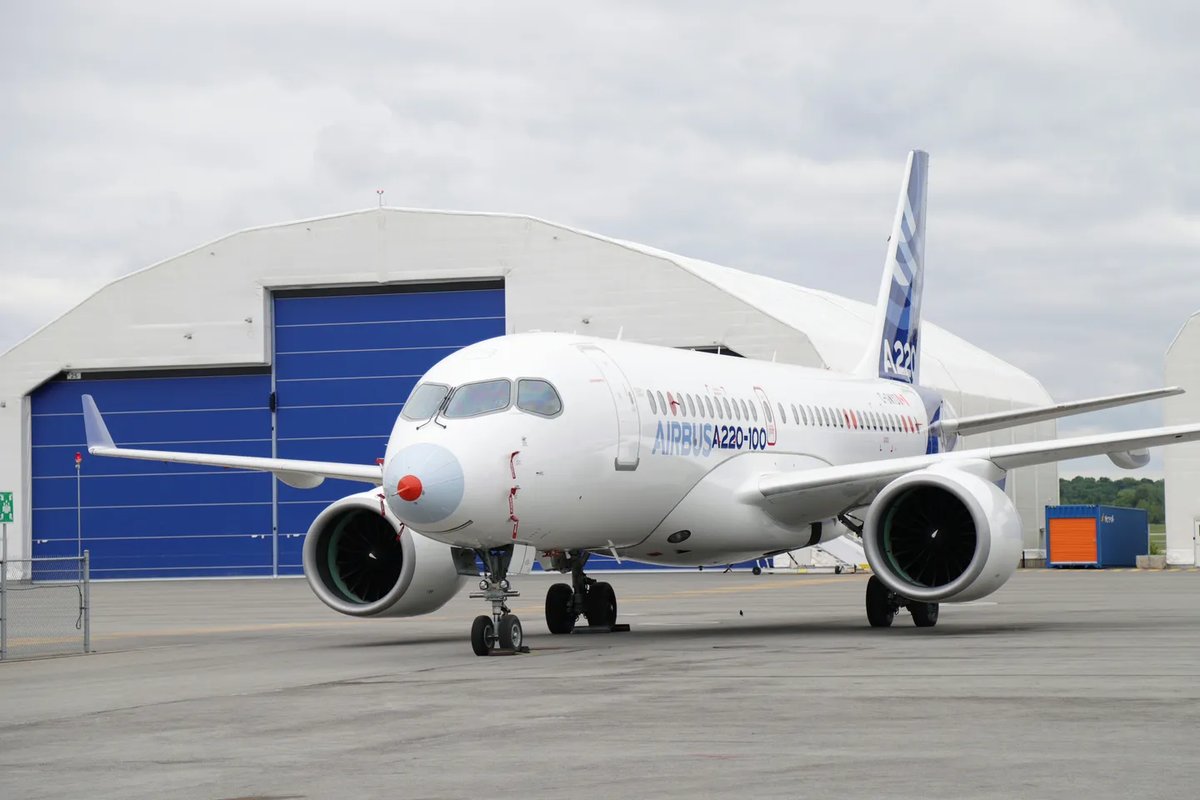Research Goals of Airbus Non-CO₂ Emissions Study
Airbus has launched a new international research initiative called CRYSTAL, a non-CO₂ emissions study conducted with its A220 aircraft, to better understand how aviation impacts the climate beyond carbon dioxide. The project—short for Contrail Research Yielding STimulating Advanced RQL Learning—will explore the role of contrails and non-CO₂ emissions resulting from different types of jet fuel, including 100% Sustainable Aviation Fuel (SAF).
Unlike carbon dioxide, which has long been the focus of decarbonization efforts, non-CO₂ effects—such as contrail-induced cloud formations and nitrogen oxides—can also contribute significantly to global warming. As a result, CRYSTAL aims to study these emissions in real-world scenarios and generate the scientific data necessary to refine climate models and inform regulatory and engineering decisions across the aviation sector.
Canadian Expertise at the Heart of the Program
Airbus is conducting the CRYSTAL project in close collaboration with key academic and industry partners in Canada. Specifically, these include Polytechnique Montréal, École de technologie supérieure (ÉTS), and FSM Management Group, all of which are known for their aerospace research capabilities.
For more on Airbus’s next-gen programs, read our coverage of the Airbus foldable wing design.
In addition, Airbus also partners with Canadian initiatives like INSAT (Initiative for Sustainable Aviation Technology) and CRIAQ (Consortium for Research and Innovation in Aerospace in Québec) to support the project.. Together, these efforts mark a significant moment for the local aerospace ecosystem, particularly for those in Québec who have been closely involved with the A220 program since its origins as the Bombardier CSeries.
What’s Next? Ground Tests in 2025, Flight Campaign in 2027
The research will be centred around Airbus’s A220 test aircraft, based at the company’s facility in Mirabel, Québec. This site, deeply connected to the CSeries legacy, will serve as the operational hub for ground and flight testing.
The first testing phase will begin with ground-based emissions trials in Q3 2025, followed by full-scale flight testing in 2027. Ultimately, the data collected will be shared with the scientific community and used to assess how various fuels and engine configurations influence the formation of contrails and other non-CO₂ effects.
Why This Airbus Non-CO₂ Emissions Study Matters for Aviation
While CO₂ emissions remain a central target in decarbonization efforts, CRYSTAL addresses a broader question: What else contributes to aviation’s climate impact, and how can we mitigate it? Understanding how different fuels and technologies affect contrails and short-lived climate pollutants is essential to making meaningful progress toward climate-neutral aviation. This Airbus non-CO₂ emissions study reflects a broader commitment to addressing the full scope of aviation’s environmental impact.
By investing in this research, Airbus is proactively shaping the next generation of sustainable aircraft technologies while also reinforcing its presence in Canada’s vibrant aerospace sector.
Read More: Airbus’s Official Announcement
To explore the full press release and additional context from Airbus, visit the official newsroom:
https://www.airbus.com/en/newsroom/press-releases/2025-03-airbus-launches-study-on-non-co2-aircraft-emissions-with-canadian
For full details, please refer to our Disclaimer page.

